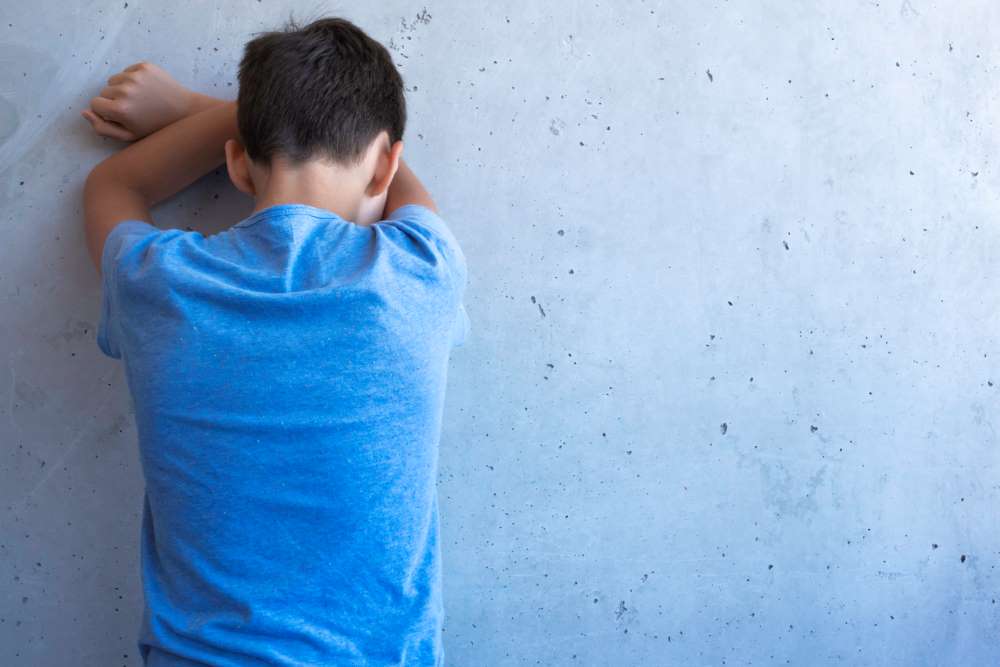
Parents find it difficult to face the fact that those they trust most have harmed their children. This is particularly true when abuse occurs at church. The reality of church abuse catches many people off guard. Parents of abused children can stay in denial, avoiding admitting the painful truth.
However, you cannot help your child heal until you find out the truth about the abuse and speak out to defend your child. First steps toward helping a survivor of church abuse include accepting the reality of the abuse and protecting your child from further harm.
How Common Is Church Abuse?
Statistics in the United States indicate that clergy sexual abuse is an ongoing problem. An annual audit revealed that in the 2019 to 2020 reporting period, more than 4,200 allegations of sexual abuse against minors by Catholic clergy and others were reported. In the ten dioceses in California alone, 757 Catholic clergies have been accused of sexual abuse. And nationwide, more than 6,700 names of Catholic clergy credibly accused of sexual abuse appear in databases.
What Are Signs of Church Abuse?
Given the prevalence of clergy sexual abuse, parents need to be vigilant to ensure that their children are safe when participating in church activities. Signs of abuse may appear for some time before you piece together what is happening. Your child may experience physical, emotional, and behavioral signs of abuse, including any of the following.
Physical Signs of Abuse
Genital bleeding or bruising on the arms and thighs should alert you to potential abuse. Also, unexplained stomachaches and headaches could indicate abuse.
Behavioral Signs of Abuse
If your child exhibits secretive behavior or a young child shows an unwillingness to undress in front of parents, these could be warning signs. Self-harming behaviors may indicate your child is struggling with abuse. Children who express an age-inappropriate interest in sex, such as sexual behavior or sexual talk, may be voicing their experience with sexual abuse. Sudden changes in behavior can indicate recent abuse.
Emotional Signs of Abuse
Your child may experience an increase in anger, worry, or fear. Decreased confidence or new fears about spending time with other people can also signal abuse. If your child shows hesitance to go to church or to spend time with someone at church, heed that warning and don’t push your child into a potentially harmful encounter.
Take Action to Protect Abuse Survivors
While all these signs can indicate sexual abuse, other issues can also cause some of these symptoms. Sexual abuse suspicions require careful investigation before you accuse someone of this serious crime.
However, even suspicions should lead you to take steps to protect your child from a potential abuser. If your child exhibits one or more signs of abuse, you should investigate and prevent contact between your child and a suspected abuser.
Don’t ignore your gut instinct that something is wrong. Instead, take your feelings and your child’s signs of abuse seriously and look for answers.
When you are looking for answers, you should consider seeking help from an experienced clergy abuse attorney. A firm like Boucher LLP has experience bringing families justice after abuse has taken place. The sooner you find the truth, the sooner you can stop the abuser and put your child on a path to healing.



























